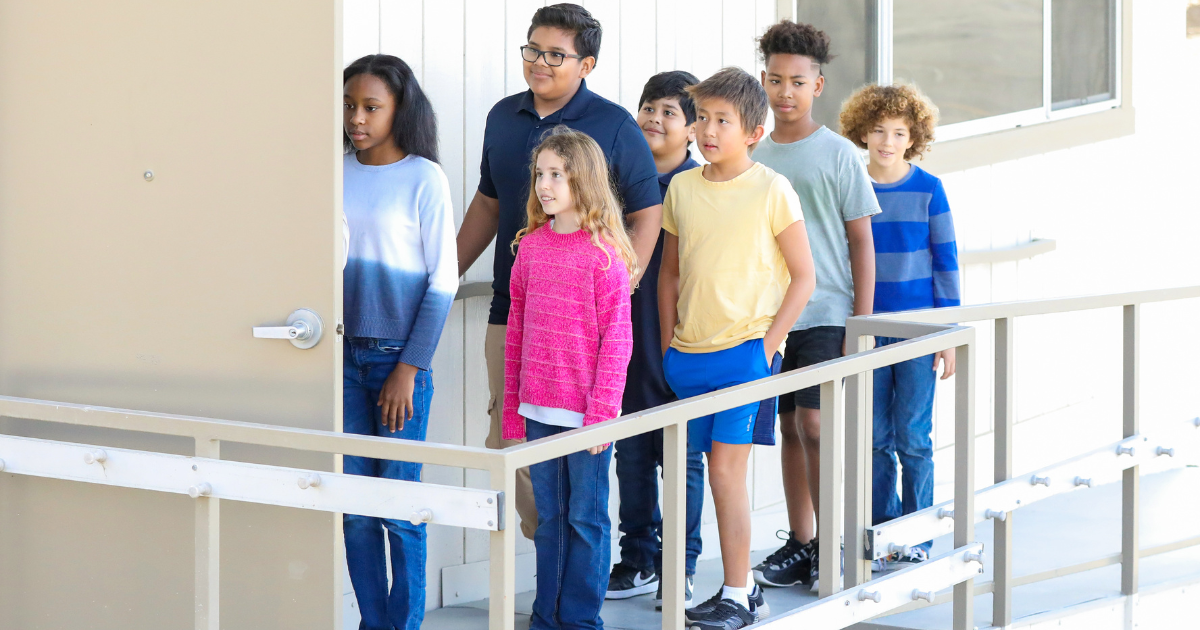
By Maya Rahman-Rios, Elevo Content Manager
From chronic absenteeism to disruptive action in the classroom, many educators are faced with attendance and behavioral issues from students every day. These challenges can significantly impact not only the learning environment, but also the overall well-being of students. As we strive to foster inclusive and supportive educational spaces, let’s talk about how Elevo can help you address these difficulties.
What Can Cause Behavioral and Attendance Issues?
For many students, attendance and behavioral challenges often come hand in hand, and there are a variety of factors that can influence students’ engagement and success in the classroom. Chronic absenteeism can stem from health concerns, family responsibilities, unreliable transportation, disengagement at school, or socio-economic challenges. Behavioral challenges, such as disruptive behavior, defiance, aggression, or withdrawal, may be manifestations of underlying emotional, social, or cognitive difficulties, trauma, or unmet needs.
How Elevo Can Support You
When students are absent from school or aren’t fully engaged in the classroom, they miss out on valuable learning time. But, this goes beyond academics. Students dealing with behavioral challenges and absenteeism often aren’t able to build the same friendships with their peers or the same relationships with adults on campus. How’s how we empower our coaches to help fill these gaps.
Cultivate Lasting Relationships
We encourage our coaches to build their relationships with students on mutual respect, empathy, and understanding. These positive, supportive connections offer a foundation for addressing behavioral challenges and promoting attendance by fostering a sense of belonging on campus.
Implement Tiered Support Systems
Multi-tiered systems of support (MTSS) can be incredibly helpful when students are facing difficult situations. These strategies provide differentiated levels of support based on students’ individual needs. By seeing our students as people with specific needs, we’re able to further build trust with them. This also lets us reassure them that we’re here to help.
Collaborate With Families and Communities
Our coaches and other adults at school don’t have to tackle these challenges alone. Families, caregivers, and community partners can provide invaluable support. We regularly communicate with parents, providing resources and additional information about our programs to promote our whole child approach to student well-being.
Establish a Trauma-Informed Approach
Student behavior and attendance patterns can be rooted in trauma and adverse childhood experiences. We’ve created our 5 Core Practices with this in mind, working to emphasize safety and empowerment as we support students with stress management and emotional regulation.
Final Thoughts
Combatting behavioral and attendance challenges requires a holistic, collaborative approach that recognizes the impact on student learning and development. By empowering educators with the tools, resources, and support they need, we can create inclusive and supportive learning environments where all students have the opportunity to thrive academically, socially, and emotionally. Let’s take on these challenges hand in hand!
Learn more about our offerings here, or book a meeting with an Elevo expert here by clicking on Partner With Us.




